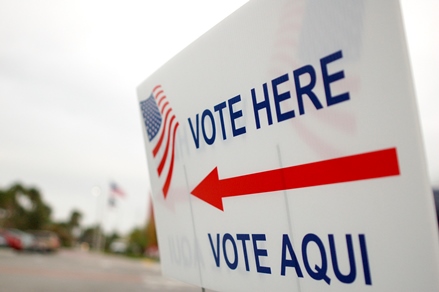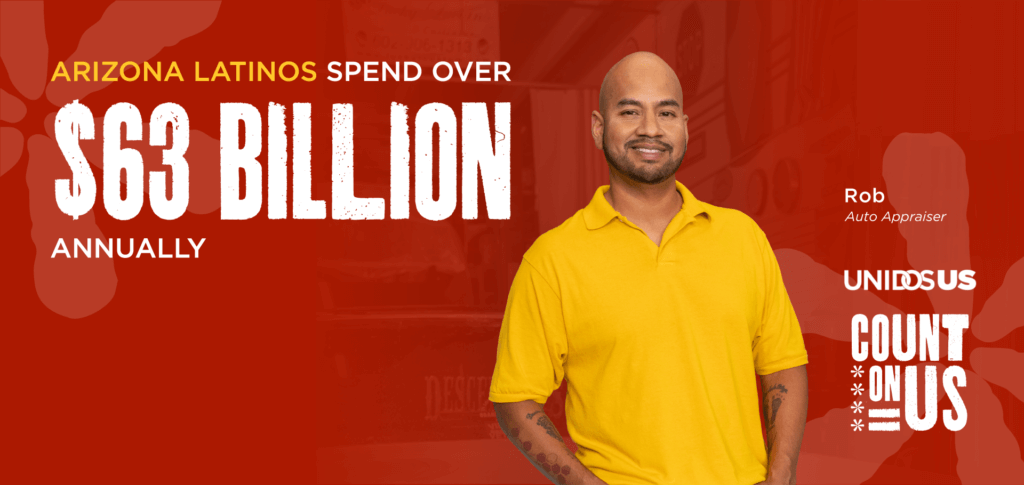Federal Standards for Paid Leave Will Help Workers Stay Healthy and Productive
By Alicia Criado, Field Coordinator, Economic Policy Project
Most workers have the option to earn paid time off for when they get sick or need to care for a newborn child, right?
Wrong.
Keep up with the latest from UnidosUS
Sign up for the weekly UnidosUS Action Network newsletter delivered every Thursday.
According to a new brief by CLASP, only 30% of low-wage workers have access to paid sick days and nearly half of all workers in the lowest 35% of wage earners have no paid personal time, sick time, family leave, or paid vacation.
CLASP’s research reminds us that paid leave is a key form of compensation. Without it, workers must forgo wages when they take time off because they or a loved one is ill. Yet paid leave disproportionately benefits higher-income earners, leaving out many low-wage workers and workers of color. According to CLASP’s research, 47% of all Hispanic workers in the U.S. have access to paid sick days, compared to 64% of White workers and 62% percent of Black workers. In addition, just 25% of Latino worker have access to some paid parental leave, compared to 50% of White workers and 43% of Black workers. Without paid leave, low-wage workers face a double blow: lower compensation and unfair tradeoffs between health and economic security for them and their families.
Now more than ever, it is important for decision-makers to support policies that boost compensation, including access to paid leave. That’s because the majority of post-recession job growth is in low-wage jobs, and economic inequality is at record highs. Working families are struggling to cover their basic expenses. They deserve to not be penalized for taking a day to care for themselves or a loved one.
In today’s economy, a majority of Latinos prioritize having a protected and steady job. Thus, many Hispanic workers in the low-wage market do not ask for days off for fear of losing their jobs. In some cases, taking unpaid leave is not an option when workers cannot make ends meet. Since Latinos are more likely to be employed in the low-wage labor market and work in part-time or temporary positions, they rarely have access to benefits such as paid vacation or guarantees under the Family Medical Leave Act (FMLA)—a national law that allows workers to take 12 weeks of unpaid, job-protected leave per year to care for themselves or their loved ones. Without paid parental leave, many workers, particularly working mothers, are forced to choose between a day’s wages or caring for a family member in need.
Paid leave not only helps keep workers and their families healthy but also allows workers to stay productive. Unfortunately, there is no federal standard requiring paid leave benefits. California, New Jersey, and Rhode Island are the only states that have their own paid leave laws. These states serve as blueprints for national legislation that would allow workers to earn paid sick days and protect the economic security of their families. Several proposals in Congress would create a national standard for paid sick days, such as the “Healthy Families Act,” or provide 12 weeks of paid leave per year for employees for health-related events, such as the “FAMILY Act.”
NCLR and other advocates believe that the time to broaden the protections offered by FMLA is now. We must pass federal legislation that would prevent all workers from having to choose between earning wages or forfeiting their jobs when facing family responsibilities.


